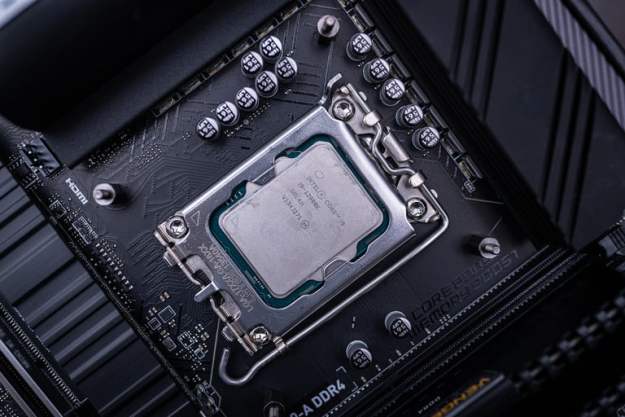Collaboration between VOIP leader Skype and chip-maker Intel has yielded its first fruit: a series of calling features specific to Intel’s Centrino Duo or desktop systems with dual-core Pentium D processors, Pentium Extreme Edition CPUs, or Intel’s new Viiv technology.
The first Skype enhancement will be 10-way IP-based conference calling using Skype 2.0, what Intel is calling an “industry first” in peer-to-peer calling, with video calling enhancement planned for later this year, and extending Skype services to Intel-based handheld systems via Wi-Fi and WiMax networks.
“Intel views the PC as a tool for collaboration for home and business users,” said Robert B. Crooke, the VP and general manager of Intel’s Business Client Group. “Skype is advancing this capability and today Intel dual-core processors allow you to host Skype conferences of up to ten participants with enhanced call quality on both laptop and desktop PCs. We will continue to work together on aligning our future PC platform technology with Skype’s growing roadmap of rich application features.”
Skype had previously touted itself as relatively platform-agnostic, although offerings for non-Windows operating systems have always lagged a bit behind. Skype’s new partnership puts it squarely in bed with Intel, however, delivering enhanced functionality only to users of specific Intel CPUs.
“We want to make communicating over the Internet simple and accessible,” said Henry Gomez, Skype’s North American GM. “Through our partnership with Intel we can ensure that Skype performs better than any other Internet calling application and drive widespread business and consumer adoption.”
Editors' Recommendations
- The only Intel CPU you should buy is over a year old
- Intel just launched the ‘world’s fastest’ CPU
- Intel’s CPUs just got way more confusing
- Intel just admitted defeat
- AMD Ryzen 9 7950X3D vs. Intel Core i9-13900K: only one choice for PC gamers


